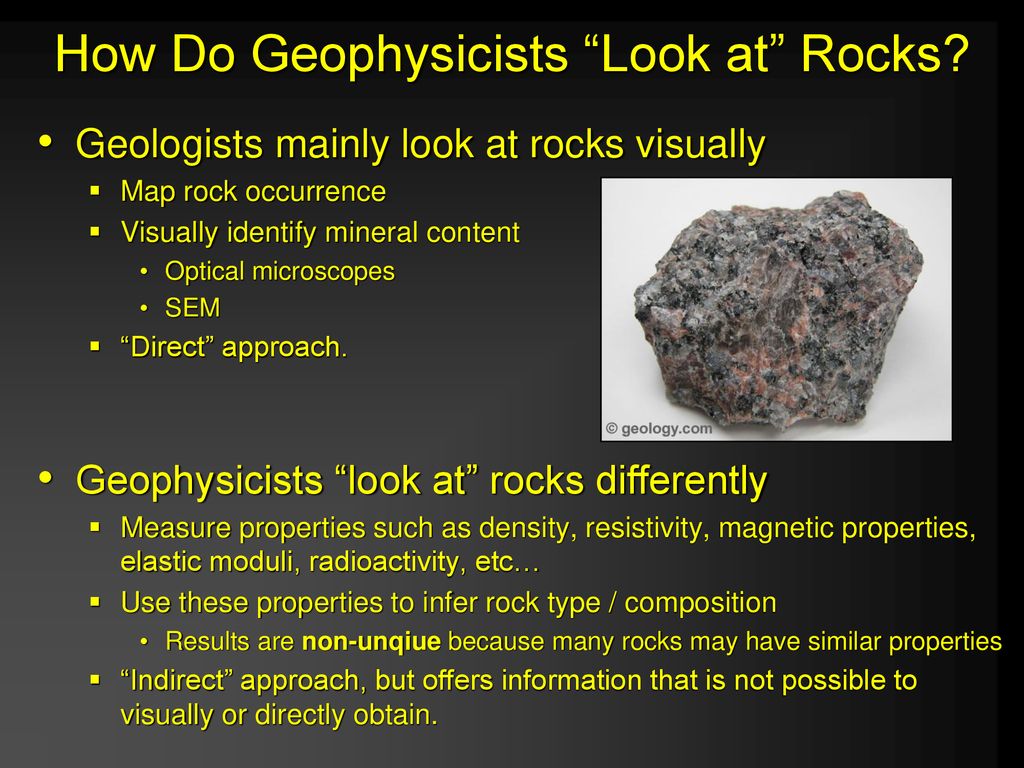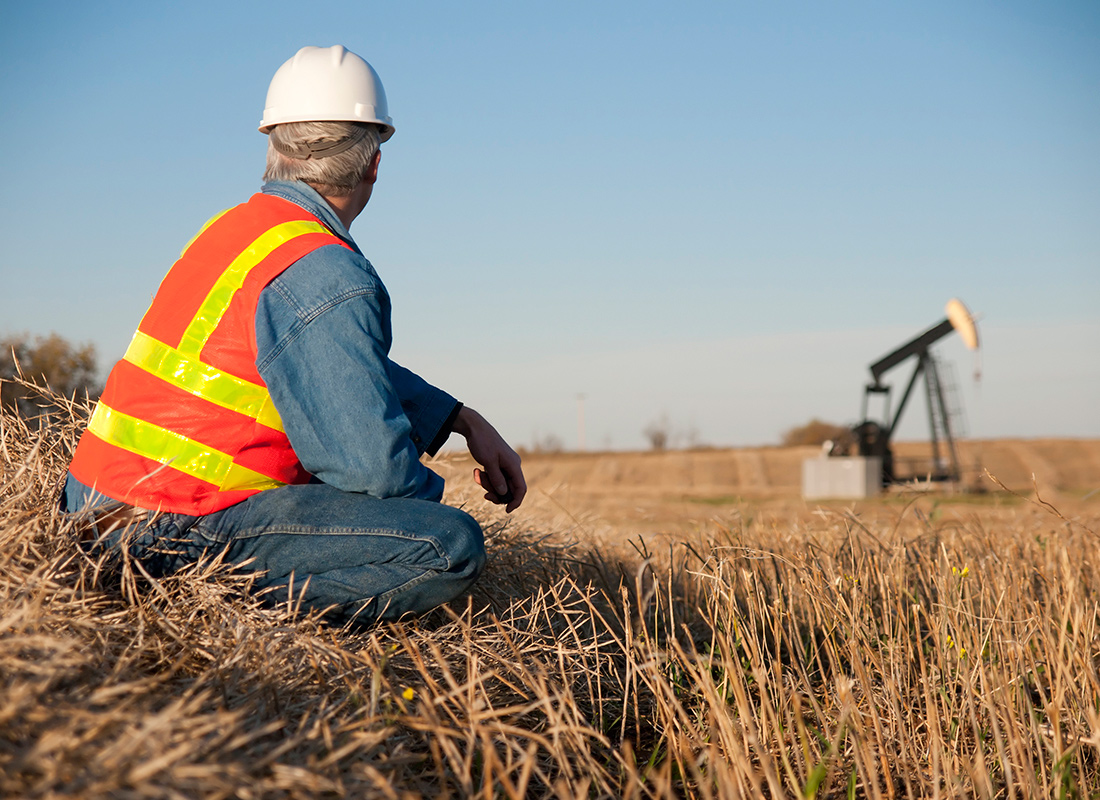All Categories
Featured
Table of Contents
Definition: Geophysical Survey in Kiara Oz 2022
This work is significantly contracted out, so consultancies supply another source of work. Consultancy firms vary in size, from very small companies to big multinationals. Some consultancies are rather specialised in utilizing specific geophysical methods or operating in specific places, while others offer a more varied range of services to their clients.
The extraction of gas from landfill sites is another area of work and this might grow in the future. Expedition business may undertake work for building companies, public utility, mining business and ecological firms, so geophysicists might be used in any of these settings. Other companies include: geological surveysgovernment bodies and agenciesuniversities and research institutes.


Jobs may be listed in the oil and gas sector press. Recruitment is affected by oil rate changes and the level of competitors for positions differs depending on this. Careers Days, which cover the complete variety of geoscience careers and are usually gone to by a variety of key market employers, are run by The Geological Society.
Geophysical Services in Hilton Aus 2020
Some of the large oil and gas companies provide a complete two-year structured training programme throughout the breadth of geophysics, including the opportunity to experience work in different teams before specialising in one location. Your training may include work on: existing wellsmagnetic and gravitational potential field data analysisresearchrock analysis. It's more usual for your preliminary training to be supplied on the task.

There may be a probationary duration throughout which you work together with a knowledgeable associate. Competency-based appraisals occur frequently in the majority of companies. In smaller companies, and for scholastic posts, there is unlikely to be any formal training - you'll be expected to start work straightaway and get skills as you go along.
If you work for a smaller sized company, you might discover that you need to take obligation for organizing and funding your own advancement and training. If you have a geology degree, subscription of The Geological Society can be beneficial for networking and for keeping up to date with the industry.
Geophysical Survey in North Perth WA 2023
You may also discover it useful to sign up with the PESGB (The Petroleum Exploration Society of Great Britain, which has a geophysics special interest group. After a probationary duration, and once you have actually acquired some experience, you could progress to senior geophysicist, then team leader and then into a senior function in management.
The ease of motion between functions depends on the business structure. Research study at Masters or Ph, D level in a subject related to geophysics or geosciences may aid with your profession development and progression. The work market within the oil and gas industry is really reliant on price and this may affect your chances for profession development.
For experienced geophysicists, freelance consultancy uses a great route for career advancement. As a geophysicist, you're likely to have numerous tasks throughout your working life.
Geophysical Survey And Investigations in Martin Oz 2022
From geophysics, it's possible to concentrate on seismology (finishing more training to end up being a seismic interpreter) or to move into related locations such as engineering geology or risk forecast.
Choosing what to study in college is a hard choice. Even if you know that your field of interest lies in science, what program of study is right for you?
But the initial step to attaining your goal of becoming a geophysicist is making a degree. Even for entry-level positions in the field of geoscience, you'll require a bachelor's degree (a geophysicist college degree) from a recognized college or university. Some research study positions require candidates to hold master's degrees or even Ph.
How To Become A Geophysicist in South Fremantle Australia 2020
Doctoral degrees are especially important if you prepare to teach at a four-year institution. Geophysicists use physics concepts and strategies to study the gravitational, magnetic, and electrical fields of the earth. This furthers scientists' knowledge of both the planet's interior core and its surface. Geophysicists need to have the ability to: examine rocks, photographs, and other pieces of information carry out research both in the field and in laboratories produce maps and charts of their findings compose reports To accomplish all this, trainees need a specialized education for geophysicist careers.
As mentioned above, you'll need a bachelor's degree in geoscience or a related discipline, such as a physical science or a life sciences, to land an entry-level task. Students can also prepare by majoring in topics like: Biology Chemistry Computer science Engineering Mathematics Physics The above geophysicist majors provide a more generalized approach to a single scientific discipline, but the majority of programs need students to take one or more geology course.
Table of Contents
Latest Posts
How To Become A Geophysicist in Pickering Brook Aus 2023
What Does A Geophysicist Do? Role & Responsibilities in Wembley Downs Western Australia 2023
Geophysical Surveys As Landscape Archaeology in Shelley WA 2021
More
Latest Posts
How To Become A Geophysicist in Pickering Brook Aus 2023
What Does A Geophysicist Do? Role & Responsibilities in Wembley Downs Western Australia 2023
Geophysical Surveys As Landscape Archaeology in Shelley WA 2021